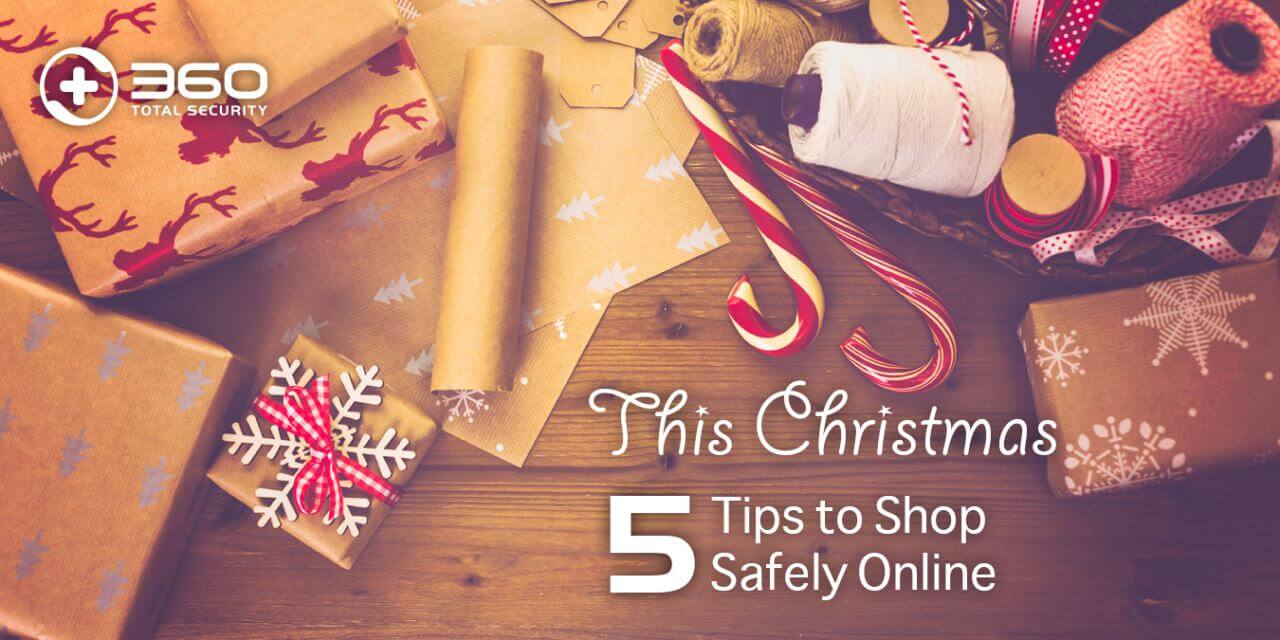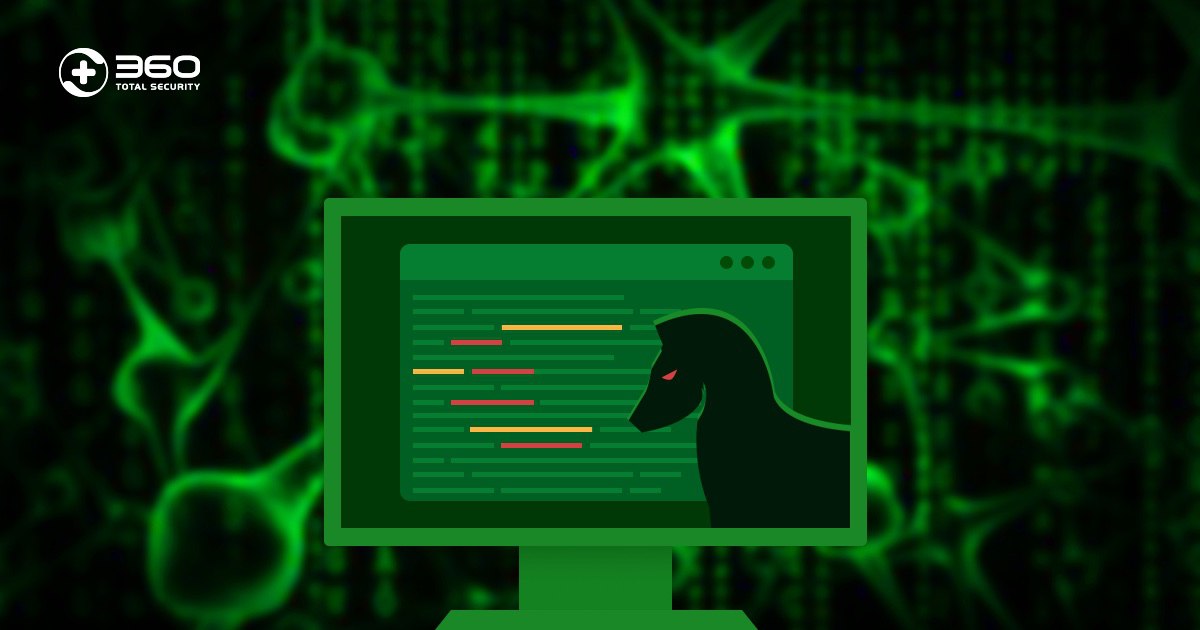
Christmas is around the corner. It is a date full of bless and happiness; also, it’s one of the periods that most of the online transactions take place within one year. Retailers are rolling out Christmas-themed promotion events, buyers are jump from Amazon to Zara to find the best Christmas presents. However, fraudsters and thieves are also busy with their business.
Here are 5 useful tips for you to shop safe online during this Christmas holidays.
1. Create a strong password for each account
A strong password is the basic but crucial key to account security. It should include both capital and lower-case letters, numbers and special characters like !@#$%. Many shopping sites require an alphanumerical password to increase account security. But even if they do not insist, you should still create a strong one.
Also, do not use the same password for all accounts. Using a repetitive password may put all your accounts in risk if your password is stolen.
2. Install a security tool for your device
Where money goes, thieves go. With an dramatically increase in e-shopping market, hackers attempt to steal money and data during online transactions. A featured security tool like antivirus software can effectively prevent most data-stealth methods, including trojan, keylogger, and phishing. Some antivirus even offer special protection for online shopping, such as 360 Total Security’s ‘Online Shopping Mode’ that rises its protection level when users’ enter to an e-shop.
3. Be careful when using shared computers
Shared computers in an Internet cafe or library can result convenient. However, we are not aware who’s been the previous user of a public computer, neither do we know if a keylogger program has been installed on it to record and transmit your personal information. To reduce the risk of having your sensitive info stolen, you should limit your shopping and banking to your private computer.
4. Surf the web under a secure Internet connection
Public Wi-fi is another convenient but dangerous resource, for its wireless, open nature may allow anyone to snoop, or even worse, the hotspot itself can be malicious. If you must surf via public Wi-fi, it is better to stay in encrypted pages when accessing sensitive data (those websites which URL begin with ‘HTTPS’). The lock icon in a Web address also helps you tell if this site is verified as secure. If you frequently use public Wi-fi, a VPN (virtual private network) reduces the risk of interception during data transmission by encrypting sent data first.
5. Only shop at stores with good reputation
Buying from reputable online shopping stores not only keeps you away from identity theft, but may also ensure better fter-sales services. Remain vigilant before start shopping and check first how other customers rank this retailer, whether it has complete refund policies, and if it offers a secure environment for users to pay.








